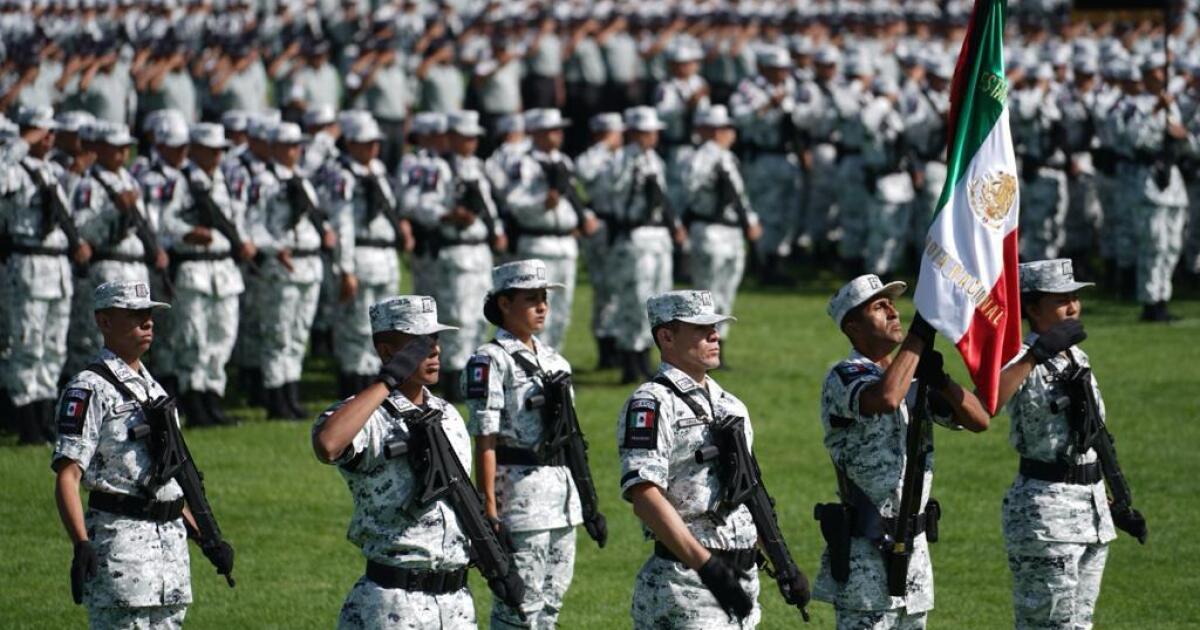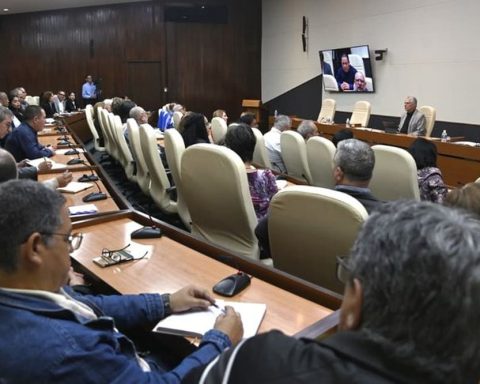In the Chamber of Deputies they were approved in the early hours of September 3, without analysis by the legislative commissions, since the 4T promoted that they immediately go up, “from an urgent and obvious resolution” to a plenary vote, which was possible because they were reforms to secondary laws for which a simple majority is sufficient.
In the Senate, the amendments were voted on – after express ruling – on the morning of September 9, and that same day they were promulgated by President Andrés Manuel López Obrador, since they were published in the Official Gazette of the Federation (DOF).
What are the contested reforms about?
With the reform, Sedena will control the resources and administration of the National Guard, and all its members will be subject to military and not civil jurisdiction.
With the changes, those who were assigned to the National Guard are recognized as active Army and Air Force personnel, so that they are subject to military jurisdiction for disciplinary purposes and that they retain their seniority and social benefits.
Meanwhile, the Secretary of the Navy “will transfer to the Secretary of National Defense the financial and budgetary resources that correspond in the current fiscal year to cover the expenses for personal services with respect to naval personnel who are transferred to the National Guard.”
The Secretary of Security, meanwhile, “will transfer to Sedena, within a period of 60 calendar days, the corresponding budgetary and financial resources to cover expenditures for personal services and operating expenses of the National Guard, as well as the material resources destined for its operation, with the exception of those required for the personnel that will continue to be attached to the Secretariat of Security and Citizen Protection.
“Likewise, it will allocate said resources to the Secretary of National Defense as the positions become vacant,” the legislators approved.
These reforms also motivated an action of unconstitutionality signed by all the parliamentary groups of the Senate, considering that the Magna Carta was violated, which orders that the National Guard must have a civilian character and be under the control of the Secretary of Security, not the Sedena.














